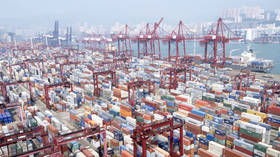Apple investors should vote against the $99-million pay package that was awarded to the company’s chief executive Tim Cook in 2021, according to Institutional Shareholder Services (ISS), a shareholder advice firm.
Cook, whose net worth reportedly exceeds $1.5 billion, has received pay in salary, bonus and shares.
Moreover, even if Cook were to retire, the award would continue to vest, ISS said, urging the shareholders to oppose the decision at the company’s annual meeting scheduled for March 4.
“There are significant concerns regarding the design and magnitude of the equity award made to CEO Cook,” the consultancy said in the report.
“Half of the award lacks performance criteria and the proxy does not state that the award will cover future years of awards notwithstanding its large size.”
Last year, Cook was awarded stock valued at $82 million, along with a $3-million salary and a $12-million bonus, and the stock award was the first incentive arrangement he had been granted since his 2011 package was granted in full for his tenure at Apple.
Total shareholder returns for Apple under Cook’s leadership since 2011 amount to more than 1,000%. Apple is currently the world’s most valuable company with a market capitalization of $2.8 trillion, as of Wednesday. Its market cap briefly exceeded $3 trillion in early January.
For more stories on economy finance visit RT’s business section
Article source: https://www.rt.com/business/549748-apple-tim-cook-pay-package/?utm_source=rss&utm_medium=rss&utm_campaign=RSS








